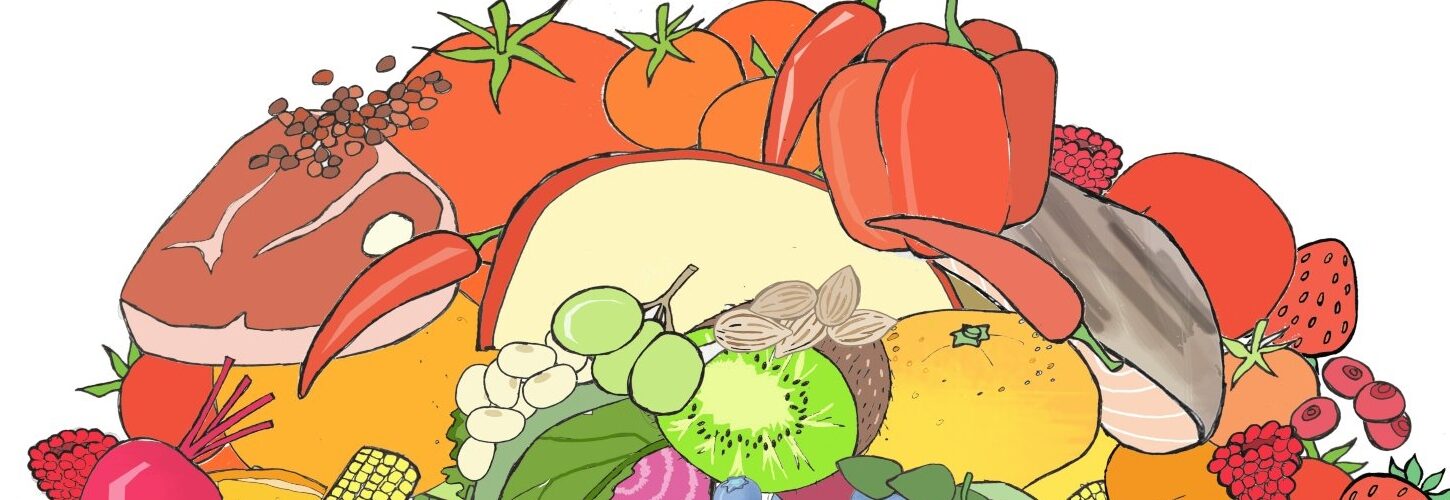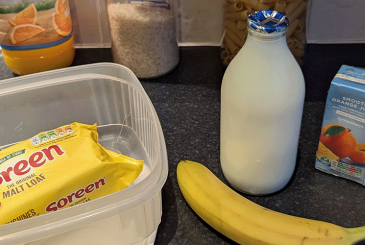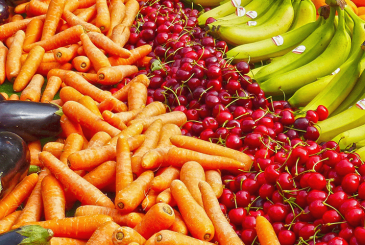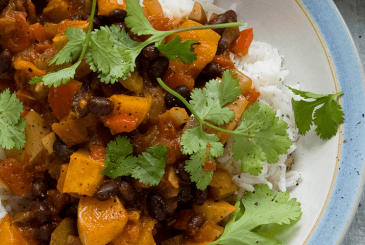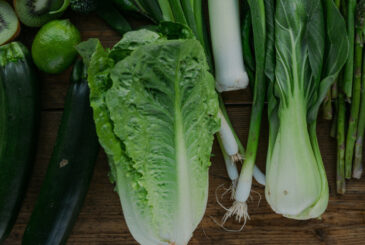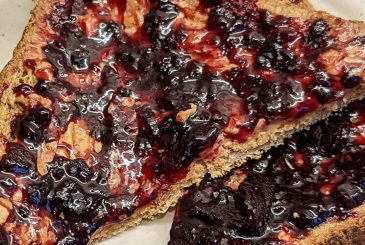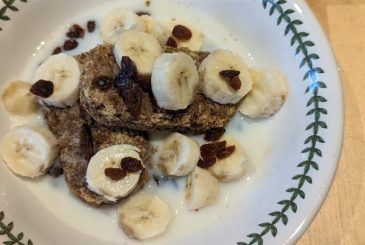Will eating ‘superfoods’ help you row better? Nutritionist Jacqueline Birtwisle provides advice
Around 15 years ago when I was working with the GB Rowing Team, a GB rower asked my opinion on a South American fruit that he had heard was a superfood.
You name it, this food could do it, they said. I replied, saying something along the lines of: “If it’s really true that this food can perform miracles, it should be prescribed on the NHS.”
I then added that it sounded too good to be true and not to consume it, as even a natural substance such as high-dose caffeine had been on the banned list by the World Anti-Doping Agency (WADA) between 1984 and 2004.
Who knew that a super-cool PR guru and a farmer with too much kale to sell helped to make these greens popular?!
Fast-forward a number of years and that food, the acai berry or ‘superberry’, was exposed as having been subjected to a great deal of marketing hype. While the berry did contain phytonutrients or plant chemicals, acai berries alone were not going to enable the boat to go any faster, over and above eating a varied diet and ensuring that healthy choices from all the food groups are covered.
The more variety you eat, the chances are the more vitamins, minerals and plant chemicals you will consume. Many foods have popped up as the new ‘superfood’ (kale), ‘superberry’ (blueberry), ‘supergrain’ (quinoa) and ‘superseed’ (chia).
Who knew that a super-cool PR guru and a farmer with too much kale to sell helped to make these greens popular and sway food choice?!
A report by leading marketing agency Mintel reveals that between 2011 and 2015 there was a phenomenal 202% increase globally in the number of new food and drink products containing the terms superfood, superfruit or supergrain.
What’s in a name?
The Oxford English Dictionary calls a superfood, “A nutrient rich food considered to be especially beneficial for health and well-being” – but it is widely used as a marketing term to boost sales and profits rather than to provide us with sound nutritional guidance.
In 2007, the EU banned the use of superfood on labels unless accompanied by an authorised health claim explaining why the food is good for our health. The BBC website in its analysis of the superfood term cites a YouGov survey, where 61% of respondents have purchased a food due to it being labelled a superfood.
Is there harm in eating superfoods?
But what does it matter if a marketing term gets more of us eating coloured things such as kale? The thing is that no single food – not even a superfood – can provide all the nutrition, health and performance benefits needed to fuel and nourish ourselves.
The downside is that the ‘super’ label alone may encourage people to focus on a few specific foods, blinding them to equally nutritious non-hyped – and often cheaper – options. Think sweet potatoes versus the humble spud or kale versus broccoli, chia seeds versus flaxseed or acai berries versus raspberries.
Don’t forget to add apples and bananas to your shopping list as well as the exotic goji berries. Some individuals may even see the ‘superfood’ label as a green light to eat the foods in large quantities. An example here could be nut butters, which contain a whole array of healthy nutrients but are still very high in fat and calories – something to consider if you are trying to manage your weight. People may even view these foods as offsetting unhealthy choices made in their diets, demonstrating a psychologically good-bad relationship with single foods that is not advisable.
Think ‘superdiet’ instead. Make sure that your diet is varied
The bottom line
Be cynical when you see the term ‘super’ tagged next to an individual food, as it’s a marketing term and not one based on nutrition science. That’s not to say that the food is not nutritious, but it’s not going to solve all your woes or provide 100% of everything you need.
Think ‘superdiet’ instead. Make sure that your diet is varied, containing lots of different plant-derived choices – fruit and vegetables, beans and pulses, plus lean meats, eggs, poultry and fish – including oily fish and milk or dairy such as yoghurt. Good plant choices include wholewheat, oats, potatoes, nuts, seeds, grains such as rice – and, yes, quinoa for its protein content if you are vegetarian or vegan.
Finally, I fear I should hang my head in shame: I have probably used the word ‘super’ to describe a food as a way of encouraging readers to eat it. I hope that the rationale for using the word was clear rather than hyped.
Illustration: Jo Scales


